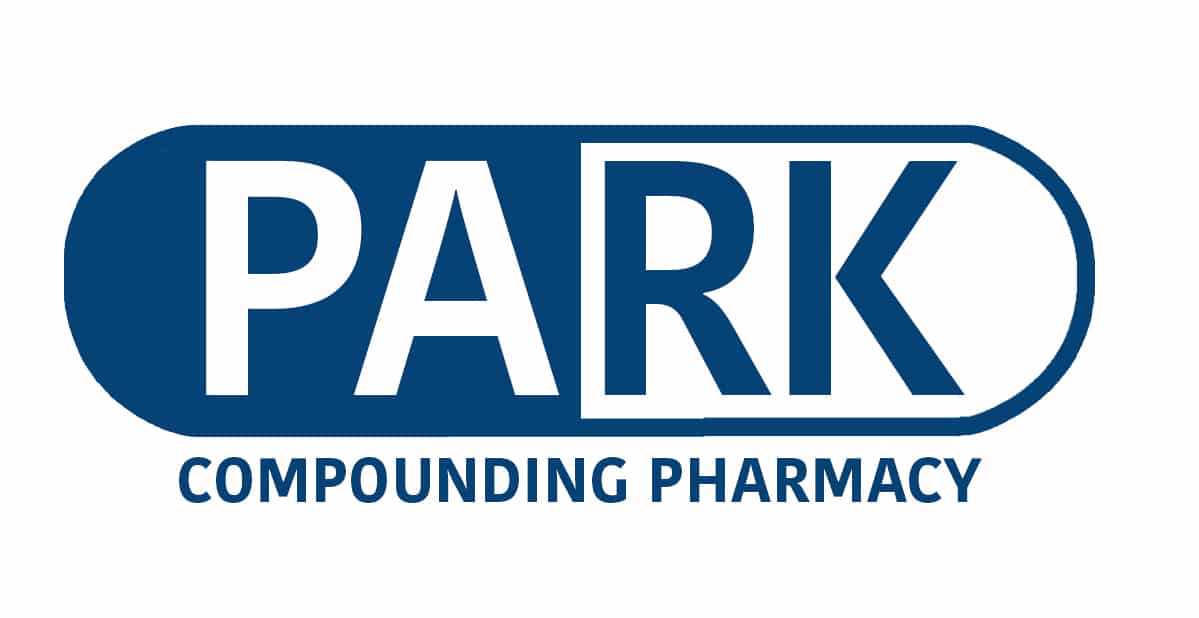← Back to Blog
Short Chain Fatty Acids and Mental Health
12/04/2022
Growing evidence suggests that short chain fatty acid enemas have effects on various organs including the brain. The new research on the effects of SCFAs show that gut health may have a connection to mental health. Dysbiosis of the gut microbiota has been implicated in the pathology of conditions like depressions and Alzheimer’s. Now that this connection is better understood, researchers are considering whether SCFAs and be use as a…
Read Full Article
Short Chain Fatty Acid Enemas and Suppositories
28/08/2020
Short chain fatty acids are a naturally occurring product of the digestive system. They are a primary energy source for colonocytes and also have anti-inflammatory activity that promotes homeostasis of the intestines. SCFAs include butyrate, acetate, and propionate. They are produced by fermentation of dietary fiber and are an essential part of intestinal health. Patients with inflammatory bowel disease often have low levels of short chain fatty acids in their…
Read Full Article
Compounding Proton Pump Inhibitor Suspensions
01/11/2019
Proton pump inhibitors are used for treating gastroesophageal reflex disease (GERD) and gastric bleeding, especially when other treatments have failed. GERD is a common condition in pediatric patients, including newborns. These patients often benefit from a compounded suspension that can be administered orally in a drinkable form or with a nasogastric tube. Compounding pharmacies can make the most common PPIs into formulations customized for the patient’s needs. What is GERD?…
Read Full Article
Compounded Treatments for Ulcerative Colitis
25/04/2019
Ulcerative colitis is a chronic, inflammatory bowel disease that can be managed well with lifestyle changes and medication. Although the exact causes of the condition are not known, it is often associated with a recent infection from certain types of bacteria. The treatment for ulcerative colitis can involve a variety of medications meant to induce remission of symptoms and prevent a relapse. Locally applied medications have been shown to be…
Read Full Article
Low Dose Naltrexone for Inflammatory Bowel Disease
15/05/2018
Many chronic conditions can potentially benefit from the use of low dose naltrexone (LDN). We have already discussed some of these applications on our blog including psoriasis and rheumatoid arthritis. Recent studies have found positive results when LDN is used to treat inflammatory bowel disease (IBD). For many patients, current treatments for IBD do not work or lose effectiveness over time. LDN was investigated as a long-term treatment option because…
Read Full Article
Cholesytramine Uses
14/08/2017
Cholestyramine (CSM) is has been used for many years and has a variety of possible applications. It is FDA-approved to lower cholesterol levels but has numerous off-label uses. Cholestyramine’s ability to bind to toxins makes it an especially useful treatment for biotoxin illness. It is used to treat many conditions including diabetes, Crohn’s, Chronic Inflammatory Response Syndrome (CIRS), and hyperthyroidism. Cholestyramine itself is not absorbed by the body, but binds…
Read Full Article
Low Dose Naltrexone for Crohn’s Disease
21/04/2017
Low Dose Naltrexone (LDN) is a drug that can provide therapeutic benefits for many chronic conditions. LDN refers to a lower dose of the FDA-approved drug naltrexone – an opioid antagonist used to treat opioid addiction. Opioid antagonists have been shown to improve healing and tissue repair. LDN has both anti-inflammatory and immunological effects and is used by doctors to treat symptoms of inflammation throughout the body. Crohn’s disease has…
Read Full Article
Compounded Treatment Options for Anal Fissures
02/03/2017
An anal fissure is a tear in the anus that can result from bowel problems like passing hard stools, constipation, and chronic diarrhea. They can also result from anal sex, rectal examination, or other trauma to the anus. Certain inflammatory bowel conditions like Crohn’s disease make a person more susceptible to having anal fissures. They are a fairly common condition frequently seen by colon and rectal surgeons and gastroenterologists. Symptoms…
Read Full Article







